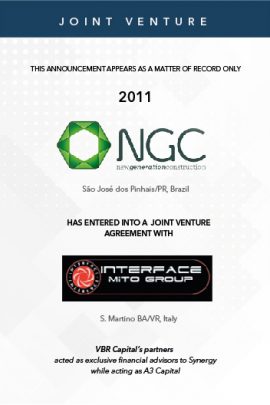I saw the above chart in Washington Post. It was brought to my attention by the Ethical Alliance Bulletin of June 22nd 2016. It could not be more adequate, despite some aspects I think are mistakes (e.g., MRE – Foreign Affairs, that under Dilma and Lula was given to partisans, very inadequate to the position).
Anyway, it is a shame that we need Cambridge to tell us what we should know in an analytical form, in order to work over the problem.
The so-called “Presidencialism of Coalition” is responsible for this state of affairs, once certain areas of the public administration should not be given to politicians to manage (well, in a broader sense nothing should be given to them to manage…). Since the political system imposed by the Constitution of 1988, this was the form of grouping political forces in a fragmented congress – by provoking coalitions of parties with zero ideological affinities. The result is the “allotting” of key public functions to political indications, with the known results we see.
My father was Secretary of Education for a number of years, in Rio de Janeiro State, and a professor of Portuguese language. He always said that a certain number of political indications always happened, no matter what the government, in the highest positions, such as president and provost of a federal university, but never, he insists, in technical positions, such as head of laboratories, etc. All this changed when Workers` Party went to power. As of today, almost all levels of public administration are full of politicians, usually without minimal qualifications to be there, supervising PhDs, MScs and other “alphabet soup pros”. This tells a lot about the decreasing quality of public service in the country.
If we saw the same graph above in the 80`s and 90`s we would see more government organizations in the upper right quadrant. Quality of services improved in some areas, such as Revenues Services and Central Bank not due to any management miracle but by the intense application of IT.
Let`s then pray for more IT and certainly, privatizations. This would reduce the appetite of politicians for the control of our much-needed public services, and certainly reduce corruption.


















